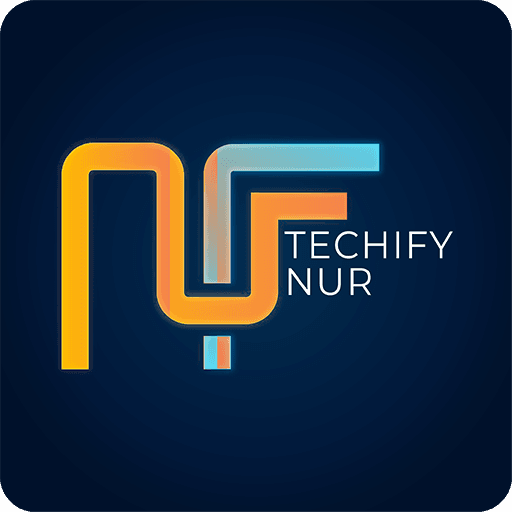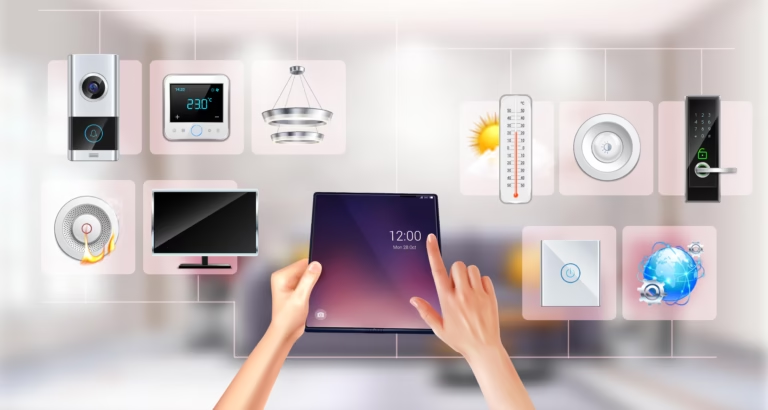Let’s face it—the idea of a smart home is incredibly appealing. We’ve all seen the commercials: you’re on your way home, and with a simple voice command, your lights turn on, the thermostat adjusts to the perfect temperature, and dinner starts cooking in your smart oven. Sounds amazing, doesn’t it? But there is dark side of smart homes.
I’ll admit, I’ve been tempted myself. The convenience, the efficiency, and the sheer “futuristic” vibe of it all make smart homes feel like the ultimate upgrade. But as we’ve embraced this digital revolution, many of us have started to ask an uncomfortable question: “At what cost?” Not just financial cost, but the cost to our privacy, our security, and even our autonomy. Let’s break this down together.
Problem: The Convenience-Privacy Tradeoff
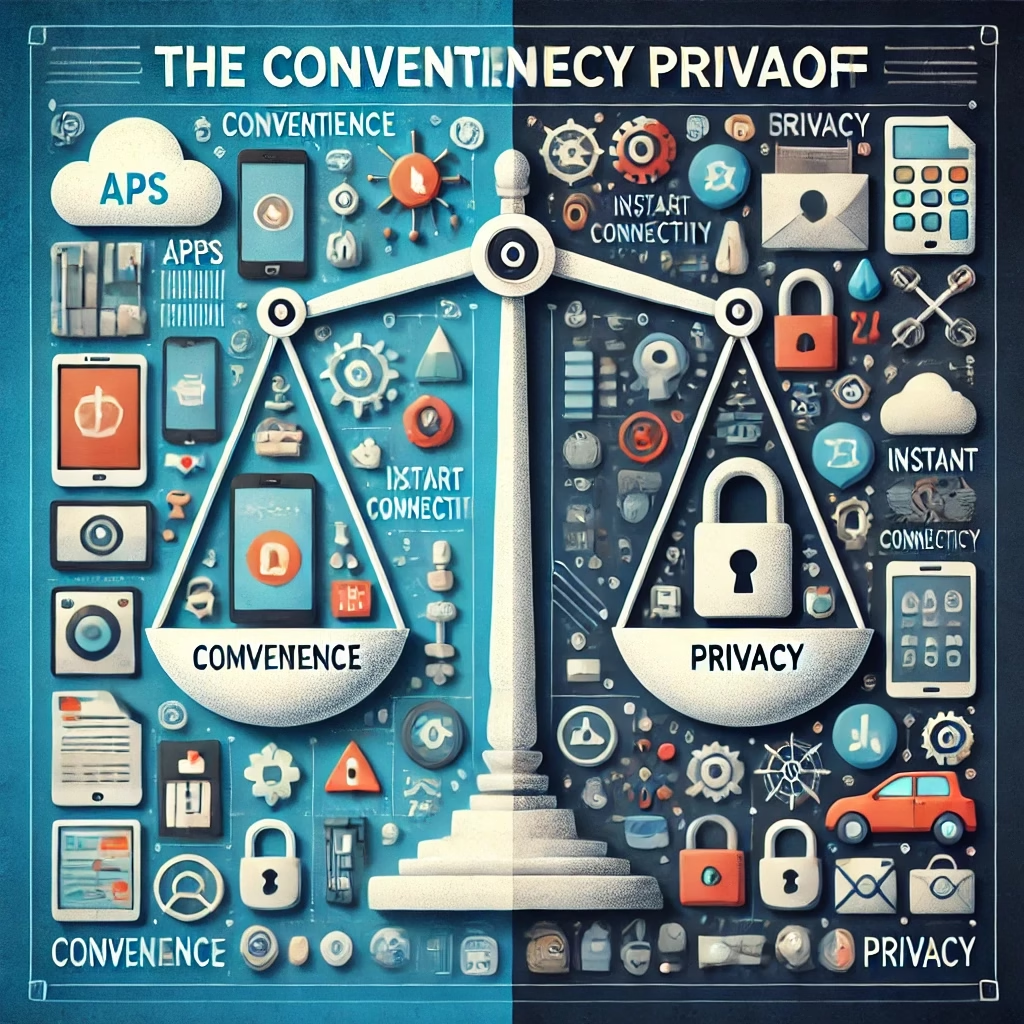
When we invite smart devices into our homes, we’re essentially inviting surveillance. It’s not just about the occasional data breach or a rogue hacker spying through a smart camera. The deeper issue is how these devices are designed to collect, analyze, and share our personal information.
If we’re being honest, we all know this, don’t we? Companies like Amazon, Google, and Apple have made it clear in their terms and conditions (those ones we rarely read) that our smart devices are data-gathering machines. But what’s less obvious is the extent of the data collected and how it’s used.
Let’s take a closer look at some real-life examples to understand the scope of this issue.
The Data-Hungry Smart Home Ecosystem
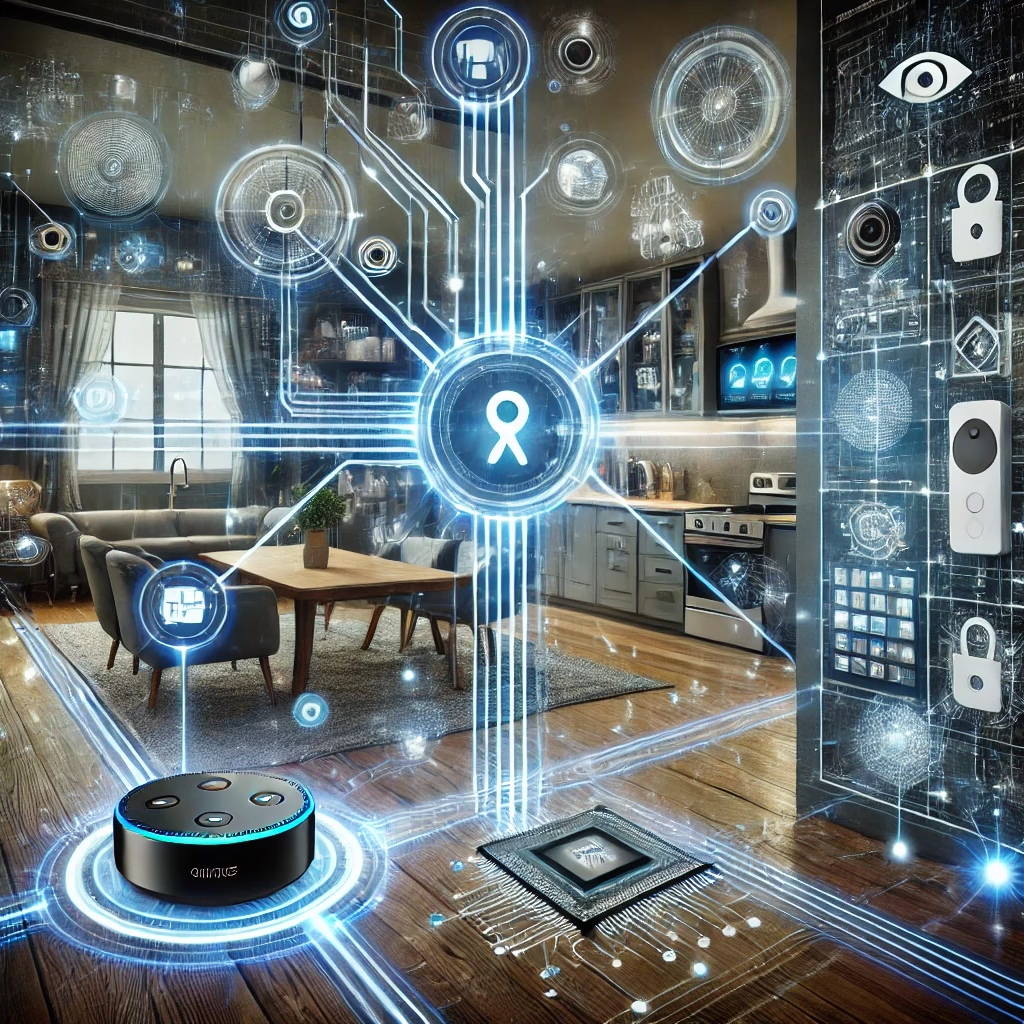
Did you know that in 2019, a report from the Washington Post revealed that Alexa records everything you say after its wake word and retains those recordings? Amazon claims this is to improve the service, but does it feel a bit invasive to you? It certainly does to me.
And it’s not just Alexa. Smart thermostats like Nest learn your daily routine to optimize energy efficiency. Smart doorbells, like Ring, record footage of your neighborhood. It’s a constant stream of data, all being sent back to corporate servers. According to a study by Princeton University, smart TVs and other devices send data to dozens of third parties, often without explicit user consent.
Case Study: The Ring Camera Controversy
Let me tell you about one case that made headlines: Ring doorbells. On the surface, they’re great—enhancing home security by letting you see who’s at the door, even when you’re not home. But Ring has faced scrutiny for partnering with law enforcement agencies across the United States, sharing user footage without explicit consent.
In 2022, The Intercept reported that Amazon had shared user data with police over 11 times without a warrant. Think about that. Your doorbell camera, which you bought to protect your family, could be used as a surveillance tool by authorities. I don’t know about you, but to me, that feels like a violation of trust.
Agitation: The Real Risks of Smart Home Privacy Erosion
So, why should we care? Why not just accept this as the price of modern living? Here’s why: the erosion of privacy doesn’t just affect our personal lives. It has broader implications for society as a whole.
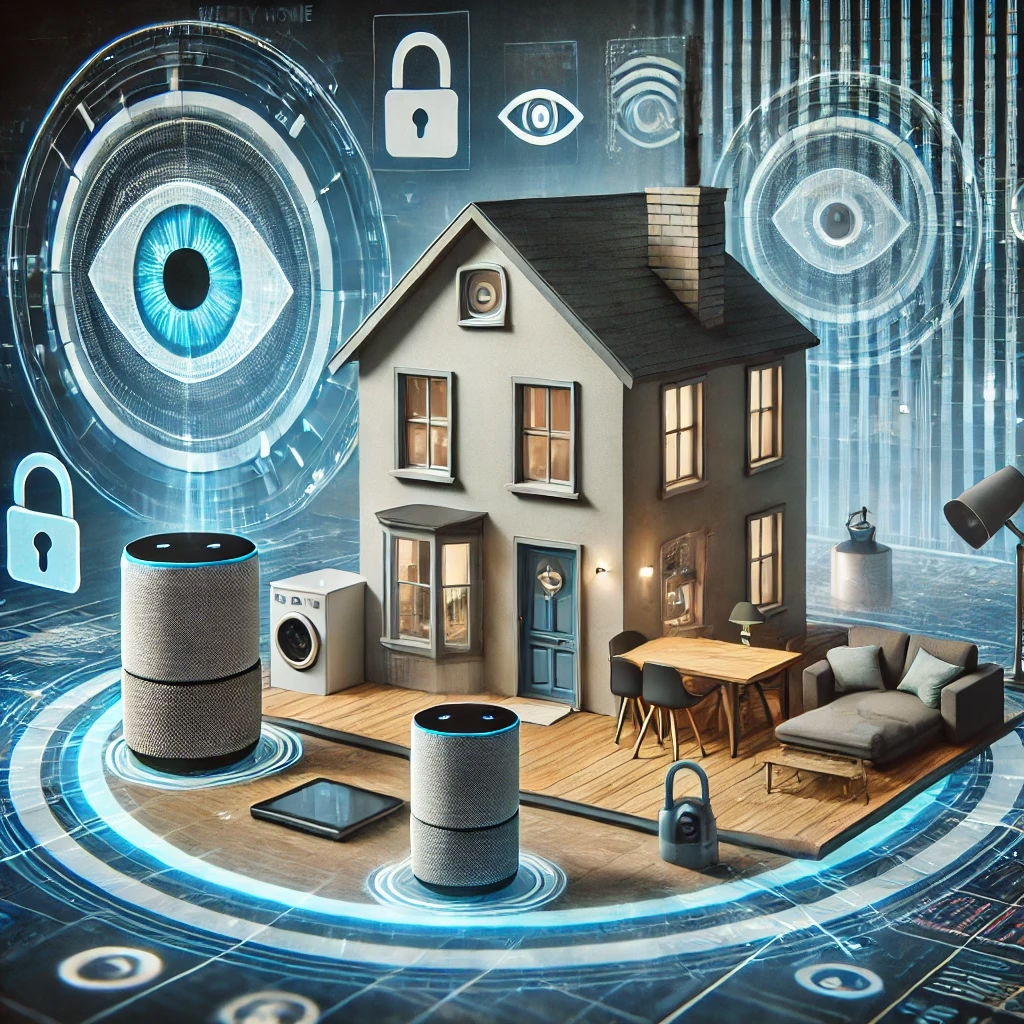
- Hackers and Cybersecurity Threats Let’s talk about the obvious risk first—hacking. In 2021, a family in Wisconsin was terrorized when hackers gained access to their Ring camera, shouting obscenities through the device’s speaker. This isn’t a one-off incident. According to a report from Symantec, over 1.5 billion IoT (Internet of Things) devices were targeted in cyberattacks in 2022.
- Behavioral Profiling I don’t know about you, but I find it unsettling to think that my thermostat might know more about my daily habits than some of my friends do. Data from smart home devices is often used to create detailed profiles of our behavior—when we wake up, what we watch, how often we’re home. These profiles are incredibly valuable for advertisers and corporations, but they’re also ripe for abuse.
- Loss of Autonomy Have you ever thought about how much control we’ve handed over to algorithms? Smart devices can make decisions for us—what temperature our house should be, what music to play, even when to order groceries. While this can be convenient, it also means we’re outsourcing critical thinking to technology. That’s a slippery slope, isn’t it?
Solution: Balancing Convenience and Privacy
So, what can we do? The good news is that we’re not powerless. By taking some proactive steps, we can enjoy the benefits of smart homes while minimizing the risks.
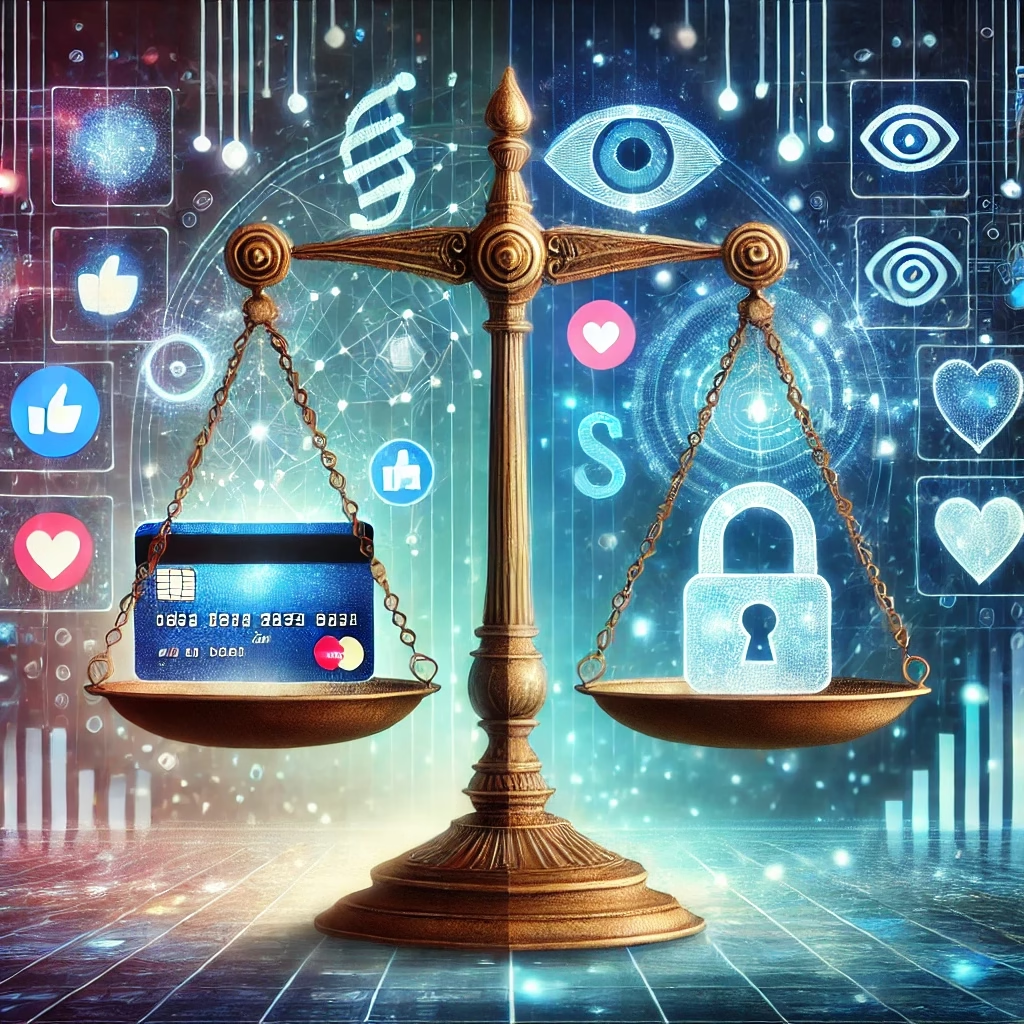
- Educate Yourself: First, let’s commit to reading the terms and conditions of any smart device we bring into our homes. I know, it’s tedious, but understanding what data is being collected and how it’s used is the first step in protecting our privacy.
- Use Strong Security Practices: This one’s a no-brainer. Use strong, unique passwords for your smart devices and enable two-factor authentication wherever possible. Regularly update your devices’ firmware to patch security vulnerabilities.
- Invest in Privacy-Focused Devices: Some companies prioritize privacy. For example, Apple’s HomeKit ecosystem is designed with encryption and data minimization in mind. Do your research and choose devices that align with your values.
- Limit Data Sharing: Most devices allow you to adjust privacy settings to limit data collection. Take the time to explore these options. It might mean sacrificing some convenience, but isn’t your privacy worth it?
- Advocate for Better Regulations: Finally, we need to push for stronger privacy laws. The European Union’s GDPR (General Data Protection Regulation) is a good model, but the U.S. has been slower to adopt similar measures. By voicing our concerns to policymakers, we can help drive change.
Closing Thoughts: Is It Worth It?
At the end of the day, we all need to ask ourselves: is the convenience of a smart home worth the cost to our privacy? For me, it’s a mixed bag. I love the idea of technology making my life easier, but I’m not willing to sacrifice my sense of security and autonomy to achieve it. What about you?
We’re living in an exciting, transformative time, but it’s up to us to shape how technology integrates into our lives. Let’s make sure we’re doing it thoughtfully, responsibly, and with our eyes wide open.
Let’s talk about it. Are you comfortable with the trade-offs of smart home technology? How do you protect your privacy? Share your thoughts in the comments below—I’d love to hear what you think!
